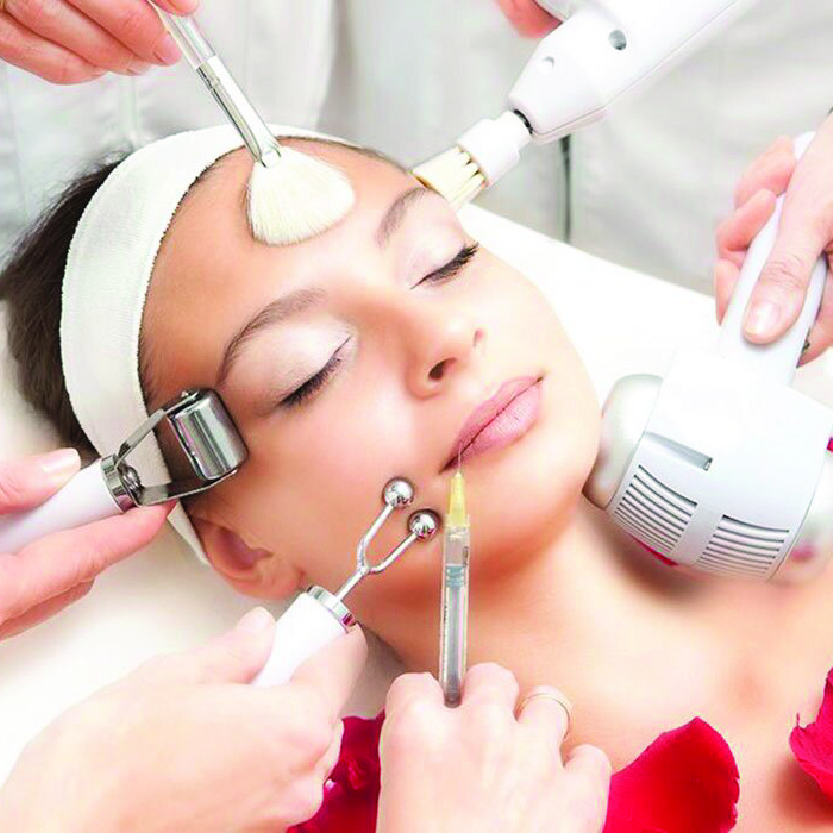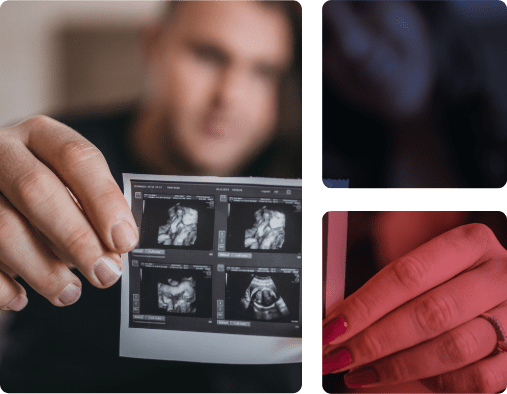During a routine consultation, a patient posed a telling question to her gynecologist: “I encountered a wellness personality discussing hormonal regulation on Instagram. Should I purchase her recommended supplements?”
The uncomfortable reality: that unqualified influencer commanded fifty thousand actively engaged followers, while the board-certified specialist maintained merely two hundred. This dynamic repeats across examination rooms globally, illuminating a critical healthcare communication gap—legitimate medical expertise fails reaching audiences desperately requiring accurate information.
Academic research published in ScienceDirect reveals alarming patterns. Among three hundred social media posts addressing gynecologic surgical topics, ninety-seven percent originated from non-healthcare professionals lacking medical credentials. Simultaneously, patient behavior demonstrates increasing reliance on social platforms as primary healthcare information sources, with Instagram and similar networks surpassing traditional search engines and authoritative medical websites for initial health research.
This creates dangerous scenarios where misinformation spreads exponentially while evidence-based medical knowledge remains confined to professional journals and clinical settings. For gynecologists: establishing professional Instagram presence isn’t vanity—it’s public health responsibility meeting patients where they already seek information. For patients: recognizing credentialed medical professionals on social media helps distinguish reliable guidance from potentially harmful influencer advice. Read more



